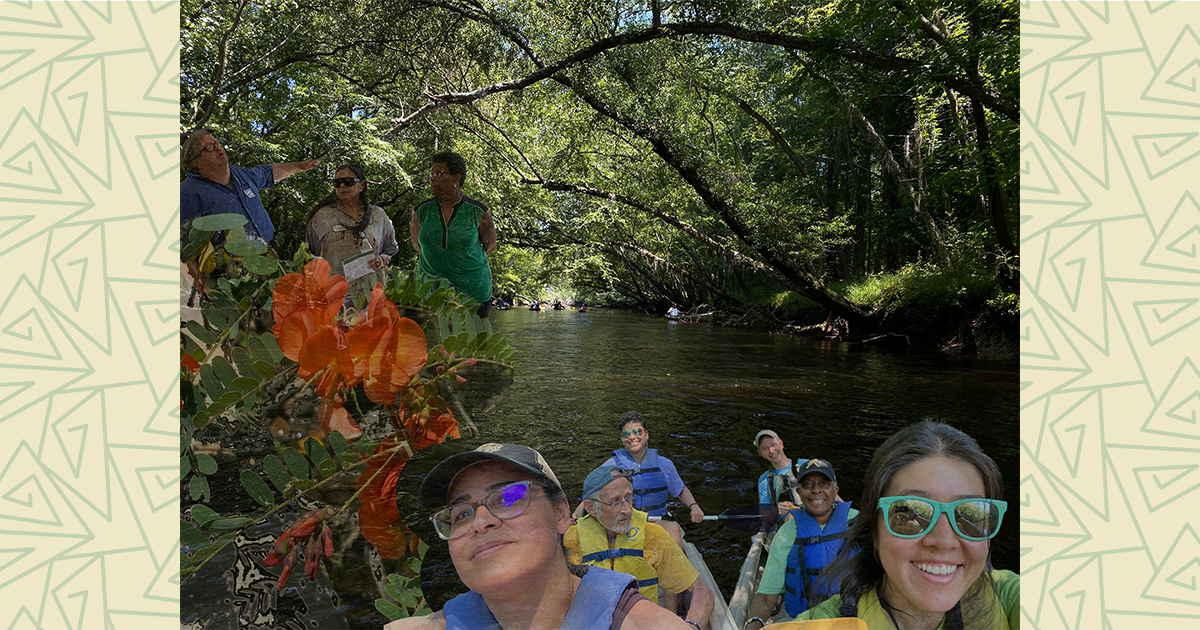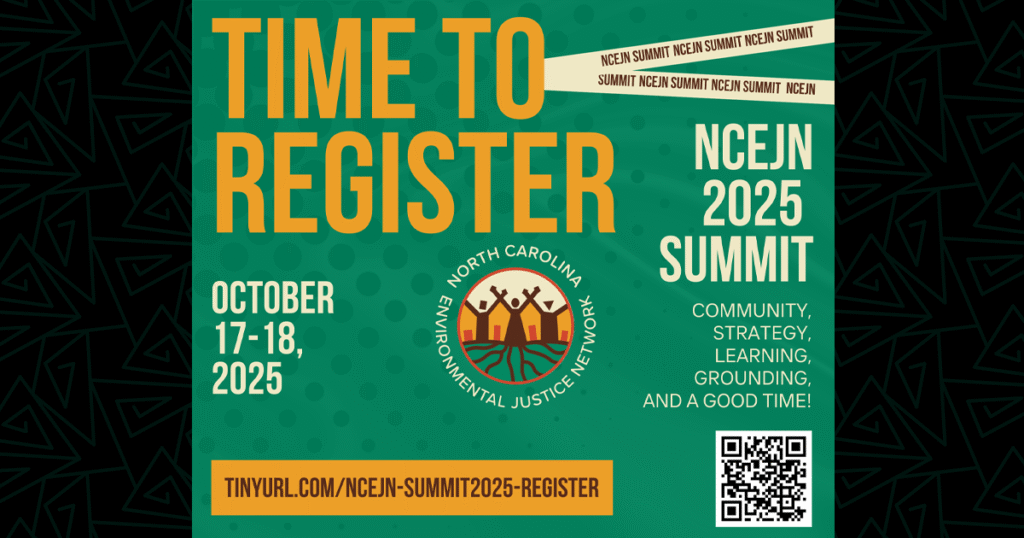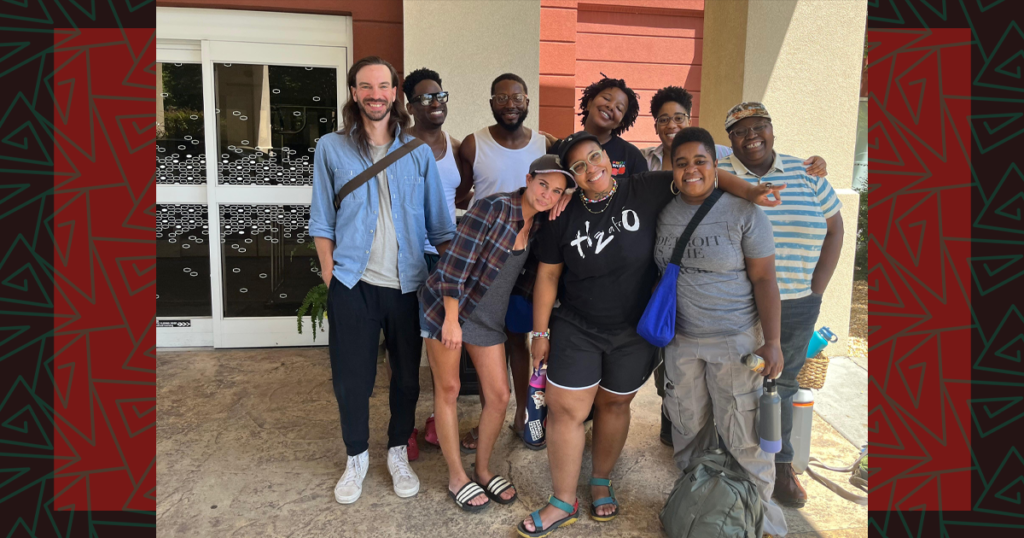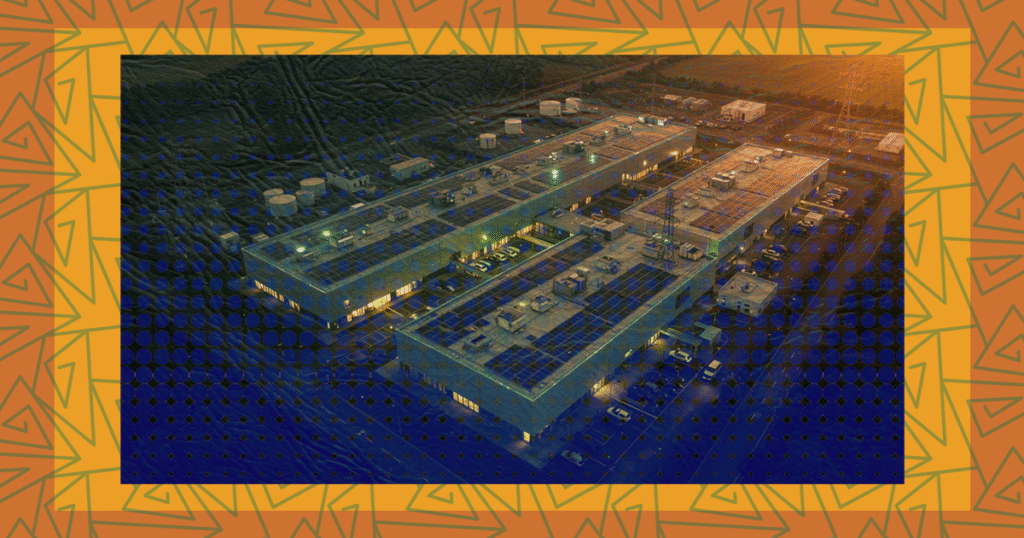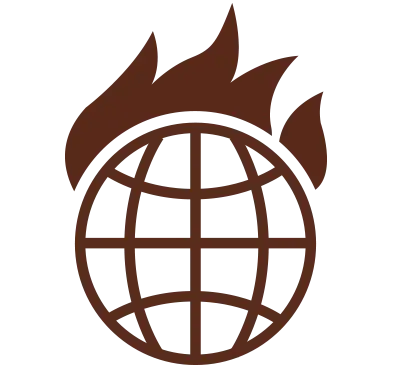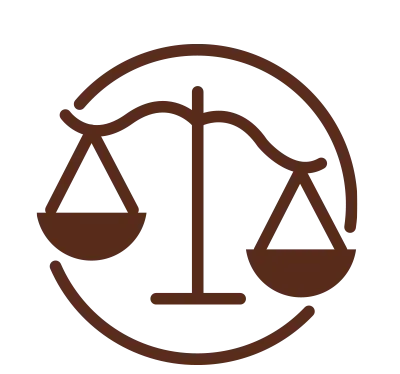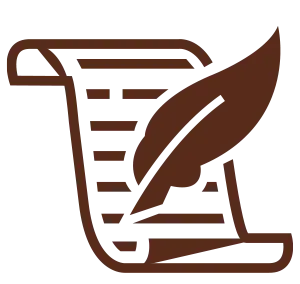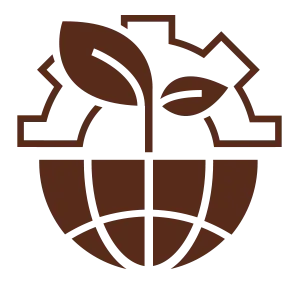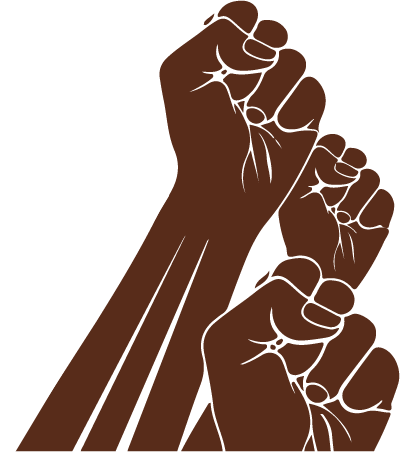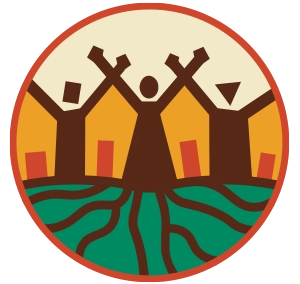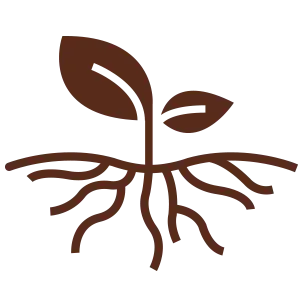Luma Kennedy – NCJN Communications Manager
Robeson County, which is both the largest county in North Carolina, and has the largest indigenous population and a significant Black community, is also home to some of the most egregious environmental injustices. (Coincidence?)
Historically, this county was an important transportation hub located halfway between New York and Florida. Currently, Robeson County is a capitalist imperialist playground; a confluence for the Atlantic Coast Pipelines, and it is littered with massive industrial agricultural operations.
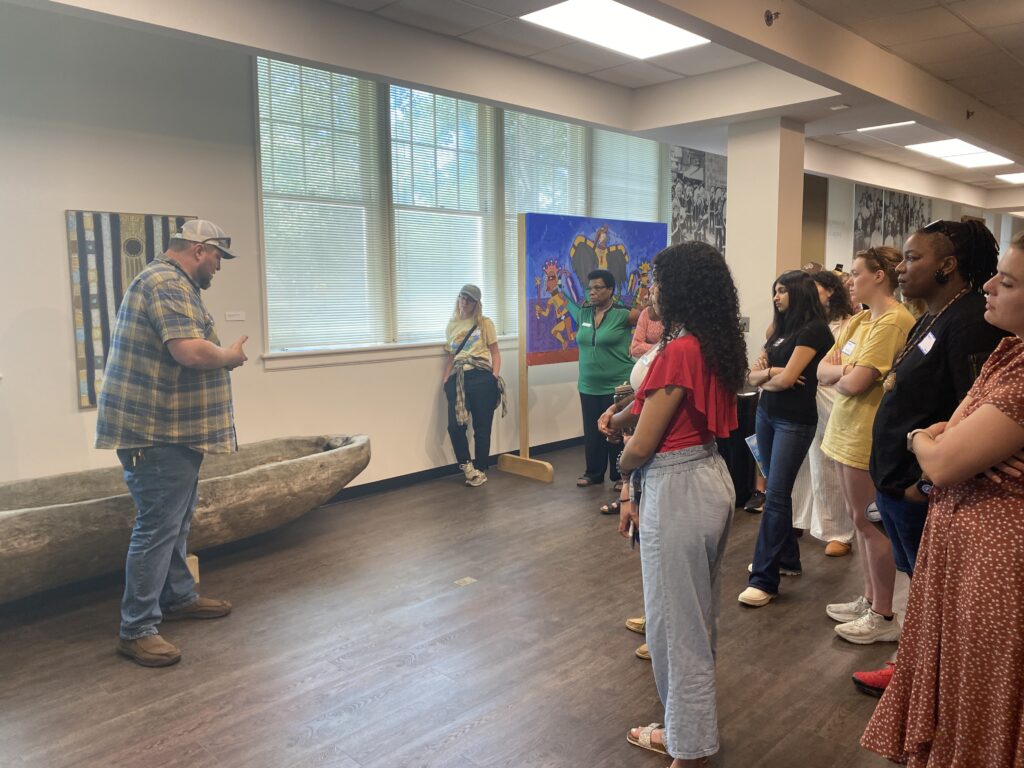
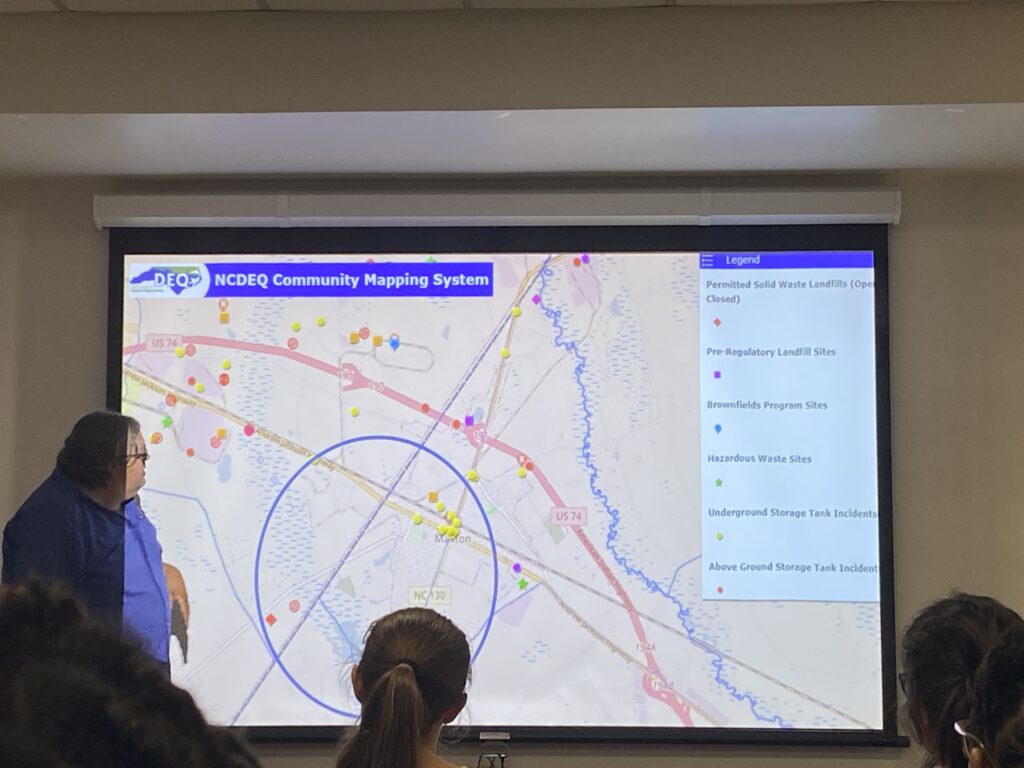
Endless rows of sinister white buildings housing industrial chicken operations have invaded its once forested tracts. No chickens were seen on our tour though, leaving one to wonder if an outbreak of bird flu had sprung in these horrific conditions.
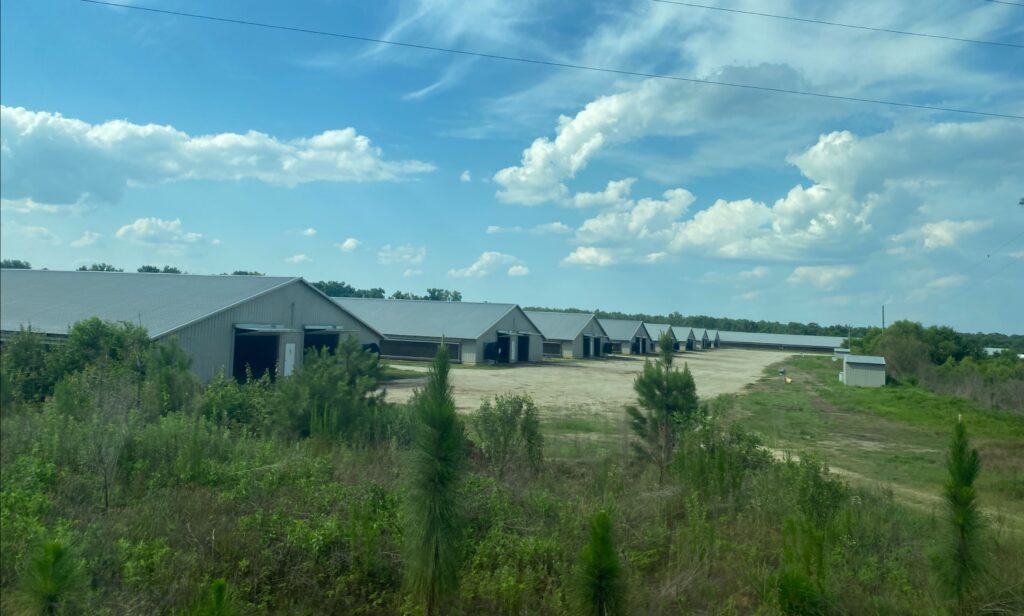
Waste sprayers stood at parade in expanses of depleted soils – the color of oatmeal. I saw so much, sitting in the comfort of an airconditioned bus. I could only imagine the noise as our host told us stories of raucous trucks hauling chickens, waste, and who knows what else in the dead of night. I could only imagine the unbearable sharp stench of ammonia produced by raising 10 million chickens per year. I could only imagine how it feels to be suffocated by harm.
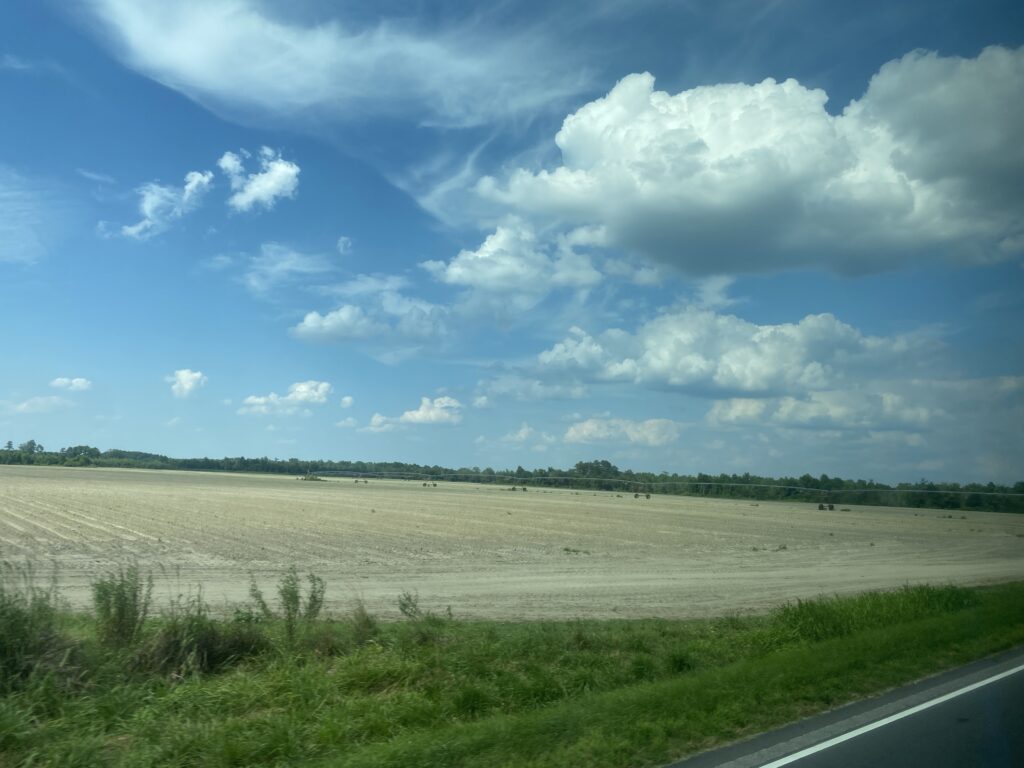
Campbell’s Food is another greedy offender in this county, and they spray food waste and bacteria produced by their operations as “fertilizer” (not really) on large swaths of land. All of this in the name of cheap and easy unregulated waste disposal.
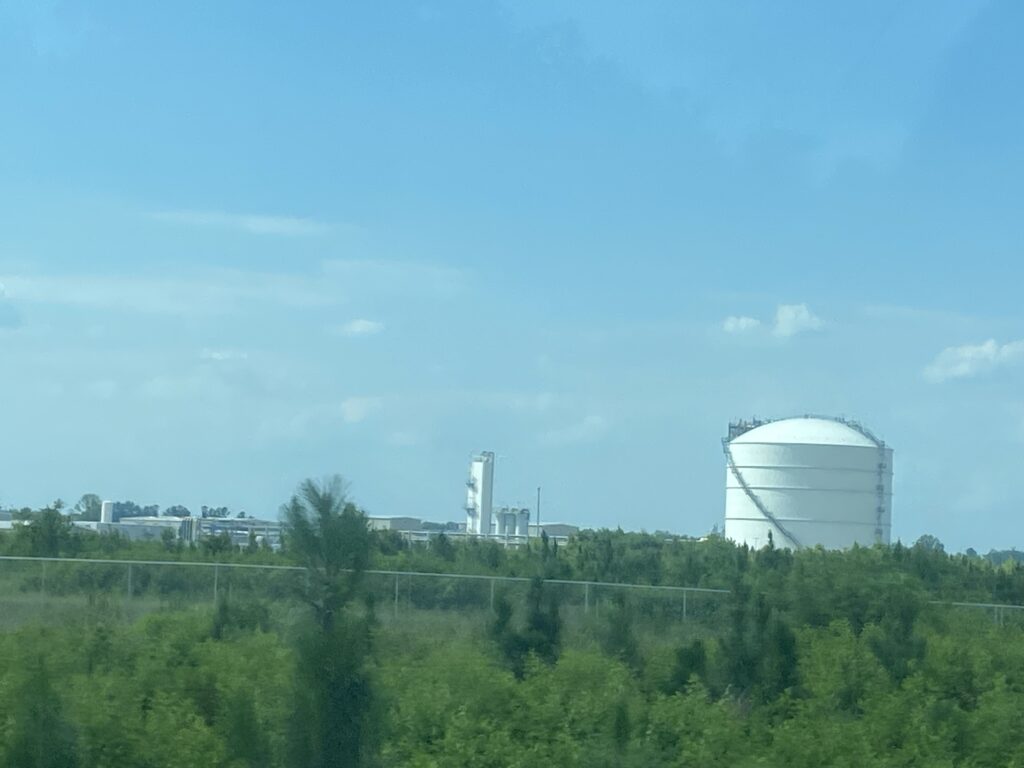
Every living being and every nook and cranny of this county have been impacted by horrendous industry practices.
What does all this mean to Indigenous and Black communities in Robeson County? Human rights violations are intricately tied to poor health, poor quality of life, polluted water wells, contaminated sites, and a degraded river. All of these contaminants are consequences of policy decisions!
On Friday morning, I witnessed the awesome power of having lawyers in our Network, as they fended off the squawks of a buzzard who had nothing better to do than to complain about our presence at the river.
Then the Lumbee River welcomed about 30 of us into its healing golden waters. What a conclusion to a heavy-hearted experience! Now to do the work.
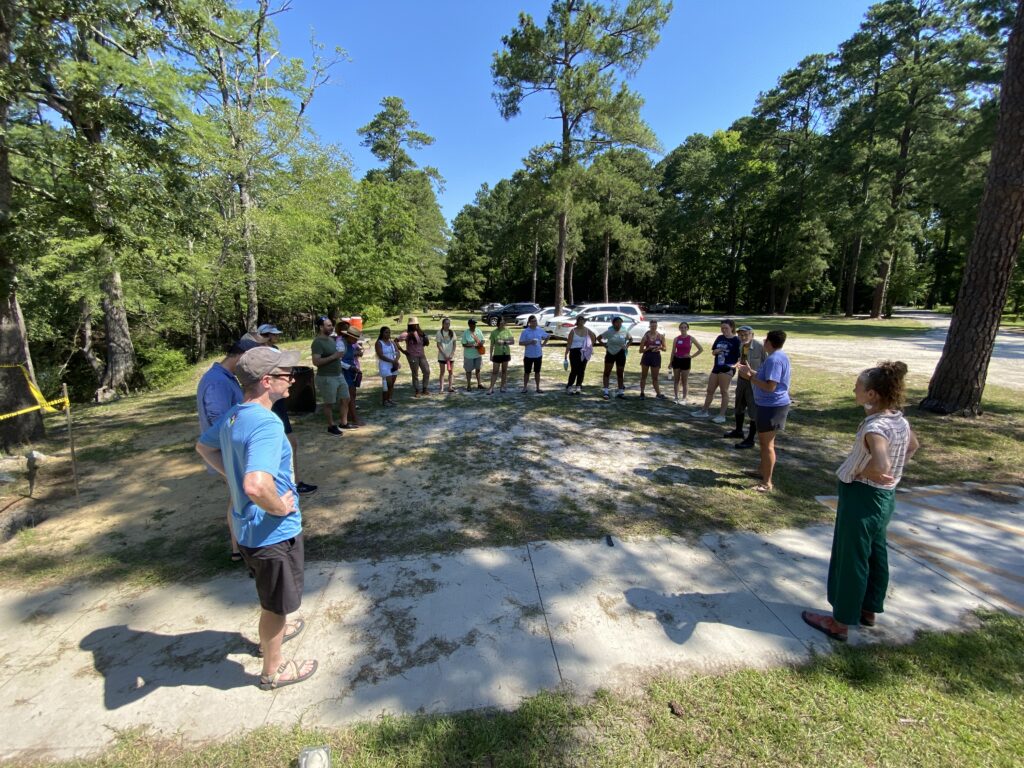
This experience to me was about meeting our communities, sharing stories, and finding what connects us all- in our happiest moments and our shared struggles.
From Greenville to Maxton, from Alamance and Sampson Counties to Robeson County, and from Turtle Island across the ocean to Palestine, DR Congo, Sudan, and beyond, the strongest tools of the colonialist project are fear and deception. In Robeson County “Alternative” gas means Methane, “Renewable” resource means deforestation, and “Conservation” means displacement.
And what fuels supremacy over people and land is: disconnection. But this network has got them beat; the connection to our communities is deep and strong.
Onward!
